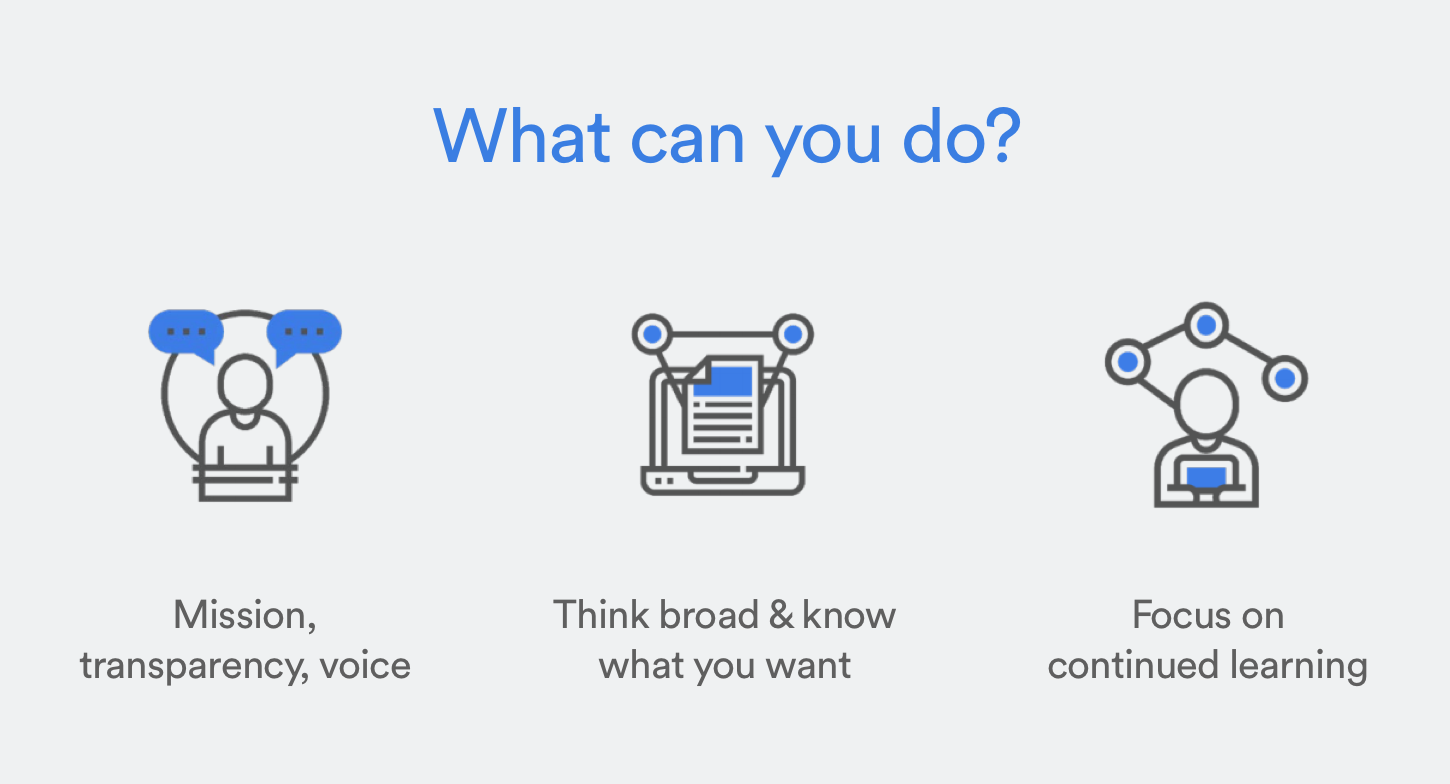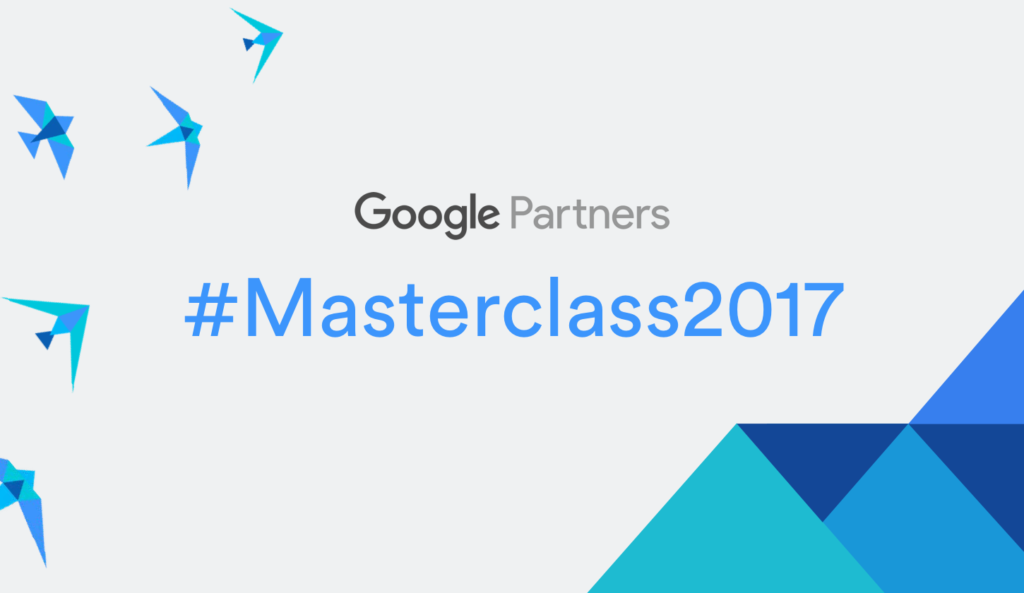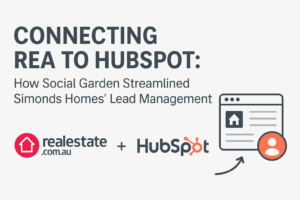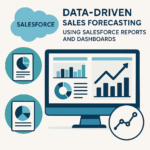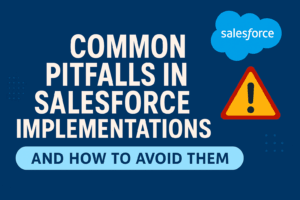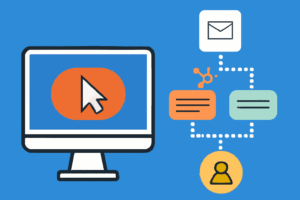BLOG
Google Masterclass: The Future of Marketing
Recently, we took to the Google Masterclass in Melbourne to learn more about marketing in an AI-first world. The synergy between artificial intelligence and marketing is improving more and more every year.
The LeadTech team gained insights into changes in optimisation, automation, measurement, and attribution.
What’s the future of digital marketing? We wanted to be prepared for the changes to come and share our knowledge with you.
Here are our key takeaways.
Better ways to customize and target ads
By Caroline – Campaign Manager
At this year’s Google Masterclass, there was an emphasis on demonstrating how Google products are evolving to be smarter (and more agile). As a campaign manager, I’m also developing similar skills when managing my campaigns.
The class was really helpful to explore how much time we can save through automating the majority of our tasks, and using a smarter setup when planning.
Specifically, I really enjoyed learning more about customising ads for the audience who will see them.
That means adjusting messaging, timing and placement to change whether the user is commuting on a Monday morning, or relaxing on the couch on a Friday night.
While this may be more work in the setup phase, it leads to smarter bidding and a better customer experience.
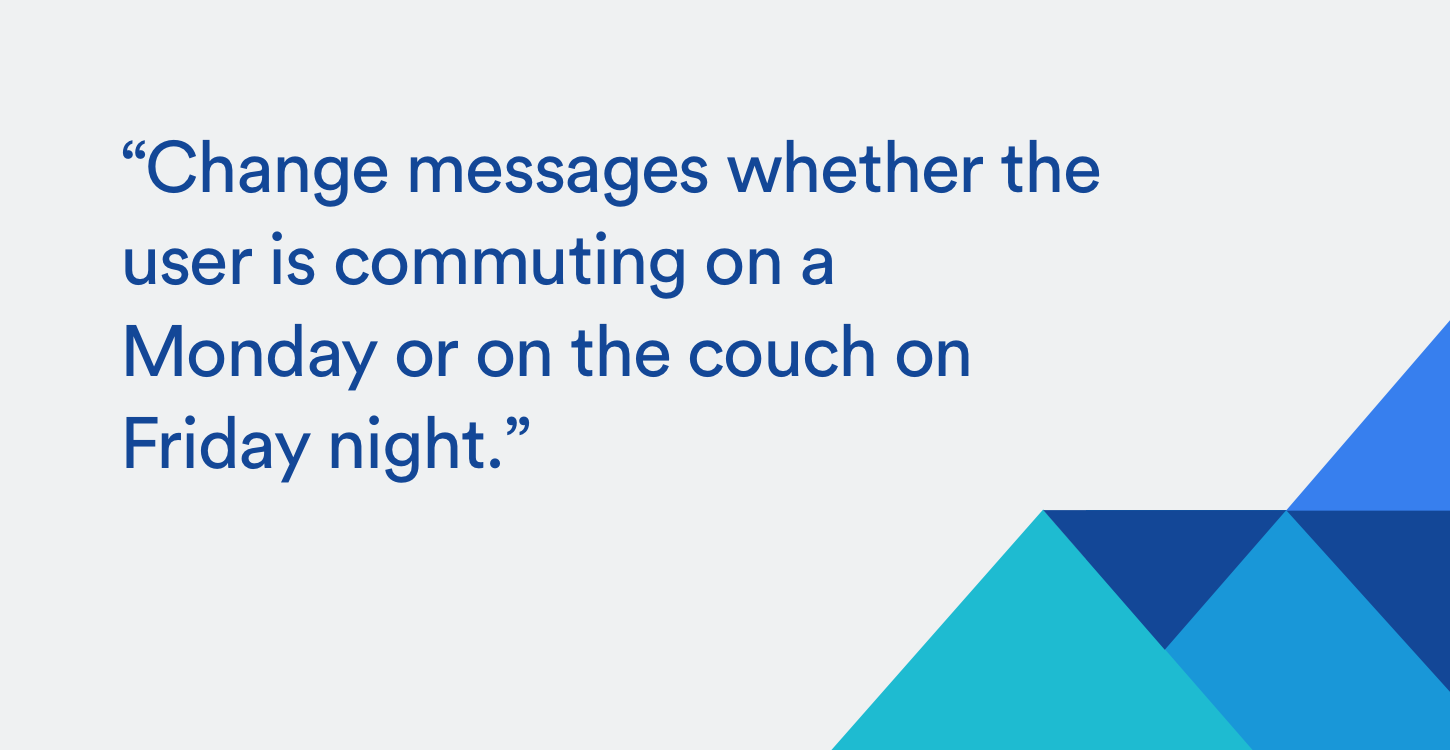
Scaling Operations for Agencies
By Brendon – Director of Advertising
This year’s Google Masterclass really eclipsed previous years in its content and delivery.
Automation, Optimisation, and Machine Learning/Deep Learning were key themes. There is a strong emphasis on how to approach the platform’s new features to scale operations for agencies.
The marketplace is, nowadays, hyper-competitive. The necessity to bring relevance and meaning to the consumer places more emphasis on evaluating how your advertising addresses their needs.
We need to be dynamic, agile, and creative with our ad creation while using analytics (and machine learning) to pivot effectively.
David Booth from Cardinal Path was particularly insightful on what features are available today to accelerate growth into the future.
It was fantastic to attend an event that was less about the hard-sell, and more about embracing new features methodically and product adoption from all levels.
My biggest takeaway: embrace change and the implementation of automation to achieve a scale that services more customers better.
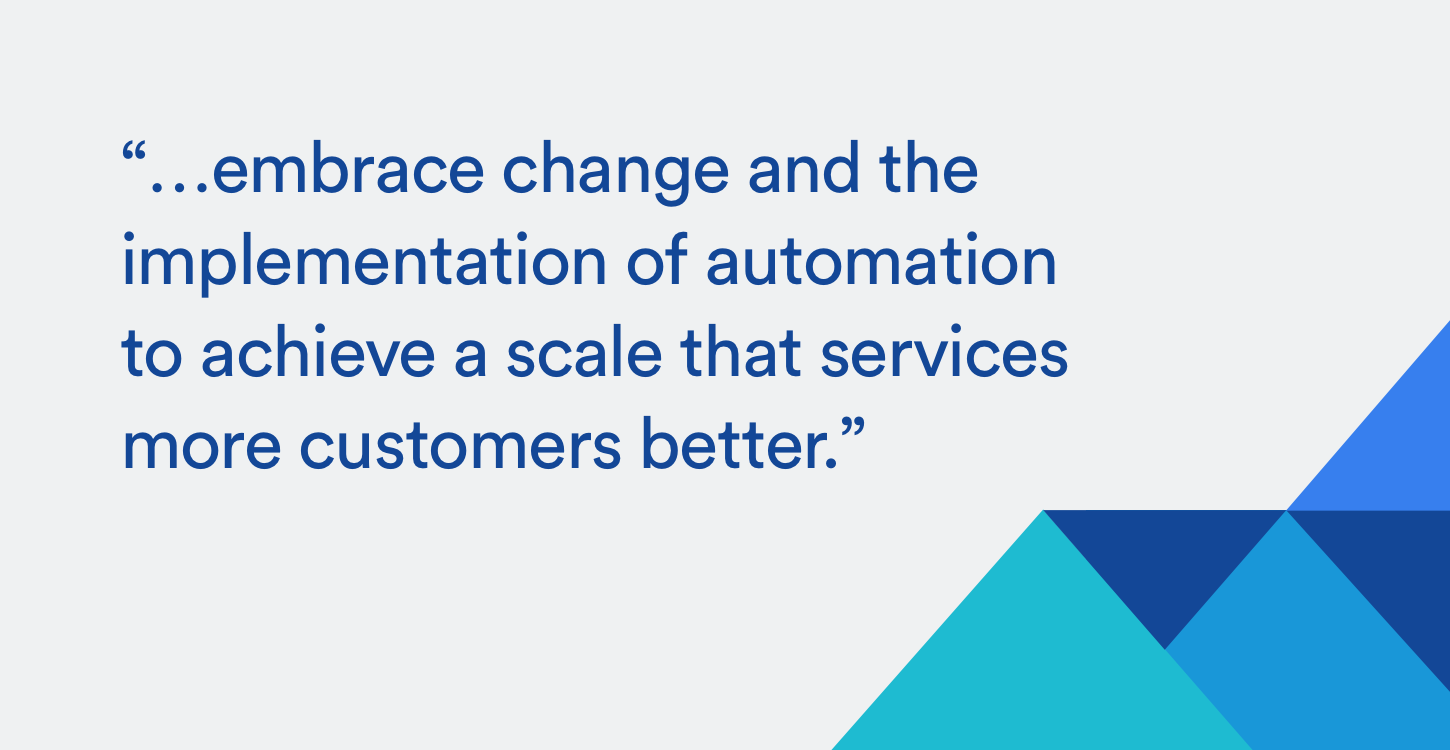
Artificial Intelligence in Marketing Automation
Stephania – Campaign Manager
Aisling Finch, Marketing Director, explained how we’re moving from a mobile-first to an AI-first world. A revolution driven by AI is already shaping many parts of our lives but how will it change the operations of agencies?
Martin Curtis, Head of Performance Agencies, elaborated on this topic which has puzzled me ever since I first started my career.
Connecting the dots between increasing data points is getting more and more complex. At the same time, we see agencies moving away from managing defined aspects towards mastering the entire digital journey.
AI is fundamental in this transformation to navigate and control this increasingly complex journey. The result? 50% of our time is cleared and re-invested into creative thinking and strategy rather than optimisation.
Most agencies might not be there just yet, but future-proofing your agency for when the time comes is all about investing. Invest in solid data management capabilities, invest in machine learning, invest in creative thinking & strategy.
And remember the latter is everyone’s business in your agency.
Google Attribution to measure the customer’s true journey
Marina – Senior Campaign Manager
Unless you’re a data scientist, attribution modelling is a pain – so the product I’m most excited about is Google Attribution. The aim of Google Attribution is to measure the “true” customer journey, which extends beyond digital.
In the event, David Booth illustrated how the current attribution system is flawed in a fun way. He had a few members of the crowd pass a Chromecast up to the front, and letting the last person to touch it keep it.
We’re making improvements in analytics and attribution a priority by exploring how our campaigns are affecting customer behaviour offline so that all our marketing efforts can be working holistically.
It’s great to see Google reducing reliance on last click. This is how we gain a deeper understanding of our customers, and deliver them a better experience.
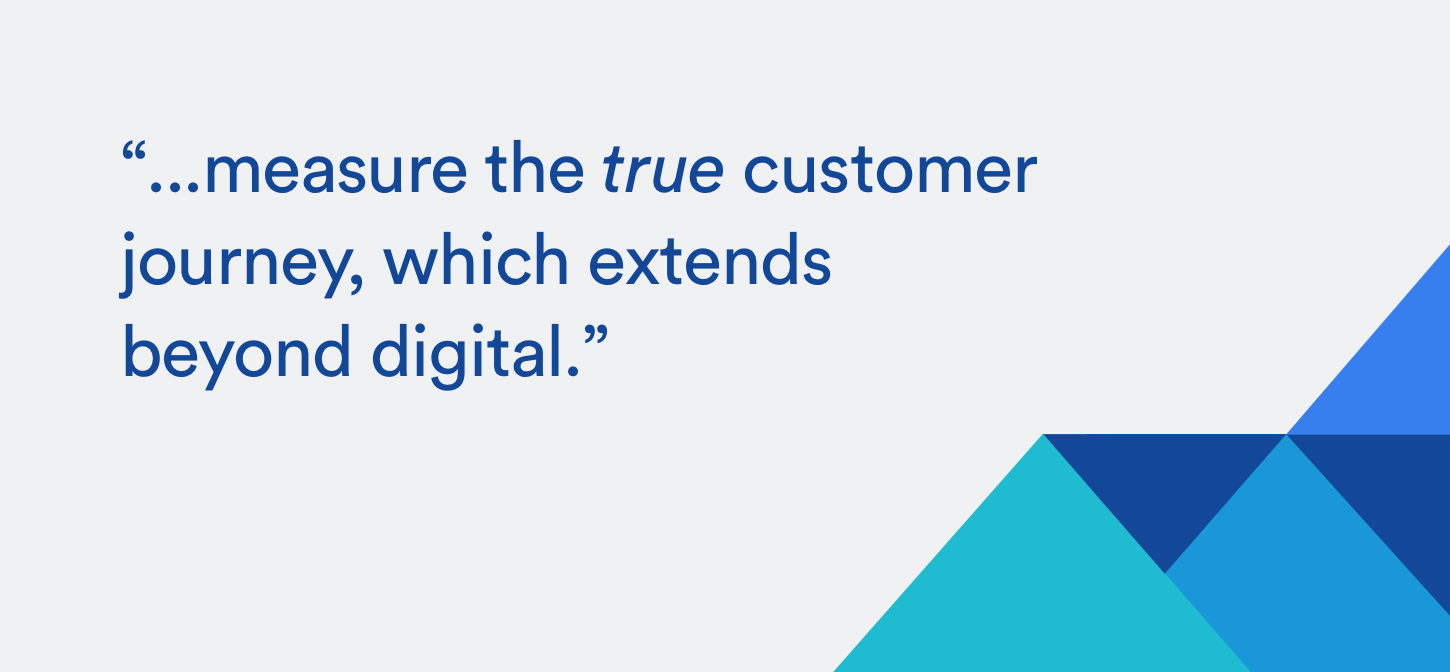
How can these apply to you?
Creativity and strategy need to be everybody’s responsibility.
Start by retaining the best talent, hiring great people, and developing your people; creative thinking and strategy skills.
Google tells us to embrace change, be curious and live life as a student in order to progress. But how can you integrate this approach into your team?
First up, build measurement, data and feed capabilities. Then, automate everything. This gives your coworkers more time to dedicate to creative solutions and strategy expertise.
It’s also important to diversify your capabilities. Explore videos, feed management or even programmatic advertising. Above all, think broad and know what you want.
